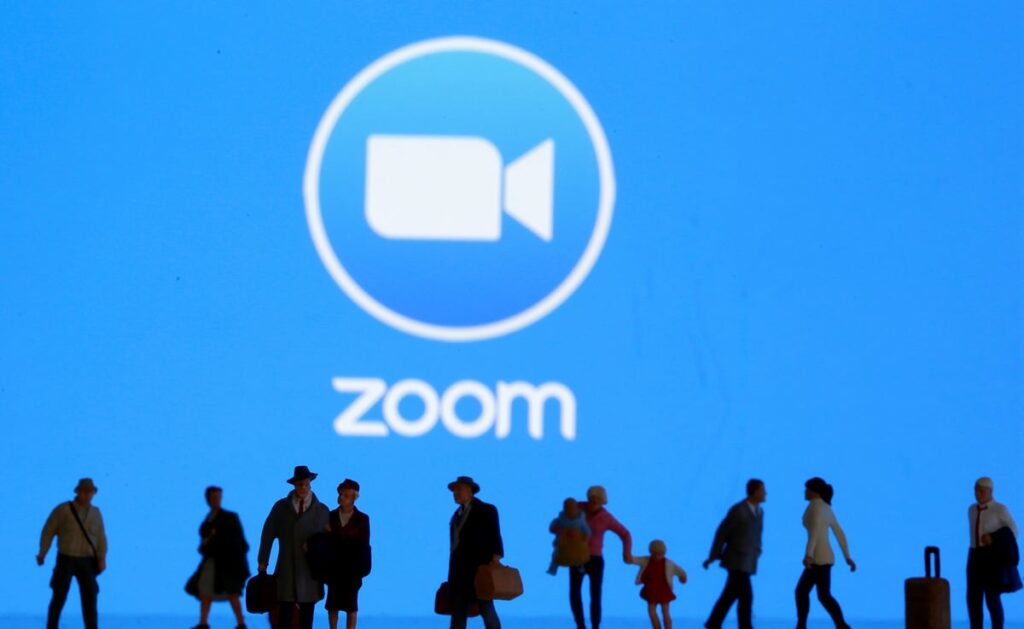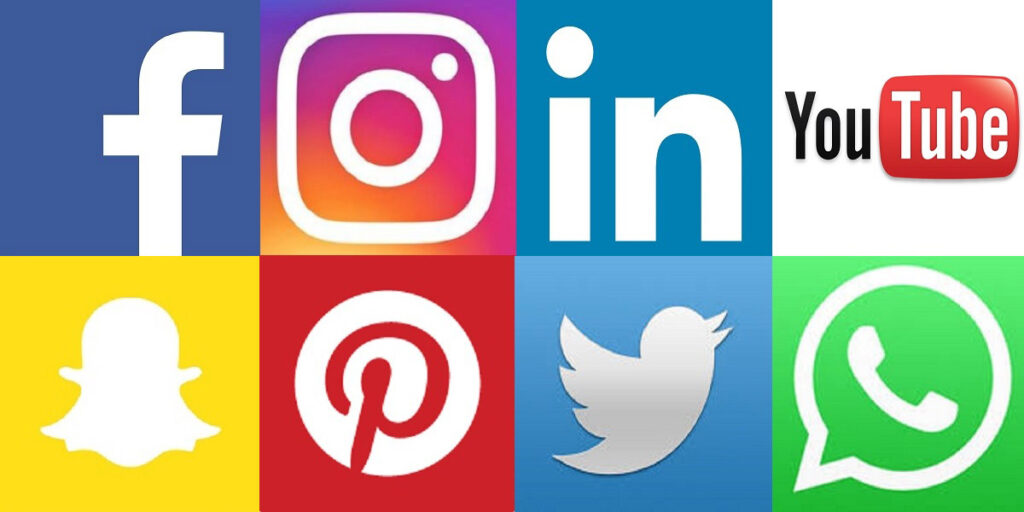The end of the year has arrived, and that means it’s time for us all to take a second and reflect on what happened in the field of technology and the internet during the past twelve months. While most of us might not particularly want to spend too much time thinking about 2020 and will most likely skip over it as we come to review our lives in the years ahead, a lot happened during the year when it comes to technology and the industry as a whole will never be the same again. There has been some good news, some bad news, and some strange stories that nobody could have predicted back in January.
2020 was the year in which we came to rely on technology more than ever before. It was the year we spent working from home and relying on tech to bridge the gap between our offices and our bedrooms. It was also the year we relied on technology platforms to entertain and inform us, and to keep us in touch with our friends. While it might not feel like a lot happened in the wider world, everything changed in twelve short months when it comes to tech, and these are the stories and changes that defined the year.
Fake News
We miss the days when “fake news” was just a catchphrase used by a controversial American President, and not a problem that all of us had to contend with every day on the internet. Depending on your preferred social or political beliefs about the world, or your stance on any conspiracy theory, you can now find a news source that confidently tells you that everything you believe is correct, and everything that every other news source might try to tell you is wrong. Misinformation is everywhere, and it can be incredibly damaging. This is especially true when people want and need information on incredibly important topics – enormous global pandemics, for example. There would always have been people who believed that 5G is here to kill us all or vaccines contain microchips in the days before Twitter or social media, but these platforms help to amplify the nonsense, and more people believe them as a result. Trust in mainstream news sources has never been lower than it is right now, and the speed at which that trust has fallen away in the past twelve months is shocking.

Zoom Everything Everywhere
While webcams have existed for almost as long as the internet has, the majority of people used them only rarely – if at all – before the start of 2020. They had limited appeal to the majority of users, and they were more commonly associated with the adult entertainment industry than anything to do with day to day business or personal interaction. If you saw a story about webcams or streaming in the news, it was probably something to do with hackers trying to spy on you. We were even told that it might be better to put masking tape over them to reduce the risk of that happening! All that tape was removed by March 2020, and it will never go back on again. This has been the year of Zoom, and of Skype, and of Microsoft Teams. It would be no exaggeration to say that if it weren’t for video calls, the world of business might have ground to a complete halt this past year. Suddenly webcam calls are part of our day to day lives. Because of that, many of us might never go back to the office full time again.

Social Media Gets Political
When Facebook was a brand new platform, it was mostly there to share photos, catch up with old school friends, and either poke each other or ‘throw sheep’ at each other. Few of us could have imagined the dystopian nightmare it would eventually become, with people slapping their political ideologies all over their profiles and then shouting about them loudly. The 2020 US Presidential Election tested the boundaries of what is and isn’t fair game on social media like never before, and finally forced Twitter and Facebook to step off the sidelines and start policing their platforms in a way they’d always resisted in the past. Outright political lies are now labeled on Twitter and deleted from Facebook. That’s led to ‘splinter’ platforms like Parler being created and gaining popularity, and the question of free speech on the internet coming under the spotlight as we move into 2021.
The Streaming Wars Enter Full Swing
Streaming companies don’t stay in their lanes anymore. It used to be the case that if you wanted music content, you’d use a platform like Spotify, and if you wanted video content, you’d go to YouTube. Now Spotify hosts some video content, and YouTube has a music service. Even video games can be streamed thanks to newcomers like Google Stadia. We’ve seen this happen already with online slots websites such as RoseSlots.com. Many years ago, different online slots websites used to offer different games, and you’d have to navigate between them to find your favorites. Now the majority of them offer collections of hundreds (thousands, in some cases) of online slots under one roof, and they compete against each other in different areas instead. Some decided to take the ‘deep discount’ route. Others offered games like poker and roulette to go with their online slots. Every streaming service is now offering more additional features in the fight to stay relevant, and they’re encroaching on each other’s territory in the process. We’ll likely see one of the major players fall by the wayside in the next 1-2 years as their rivals outmaneuver them.

Amazon Gets Bigger And Bigger
A recent Wall Street Journal article accused Amazon of heinous anti-trust and anti-competitive practices, and debate about that article is still raging online as we write this article. There’s a growing feeling that Amazon, like Microsoft before it, has become too big. It’s no longer a mail-order website. It offers TV shows, movies, and live sports through Amazon Prime. It offers video games through Amazon Luna. As people haven’t been able to get out and ship as much as they normally would this year, more everyday goods have been ordered through Amazon than ever before. The larger it becomes, the harder it is for smaller companies to compete with it. It might soon become a victim of its own success. American courts have taken a dim view of some of Amazon’s practices in the past, and it’s not unthinkable that we could see it ordered to break up.
The internet has been in most people’s homes for twenty years now, but never before has it felt so divisive or so dangerous., Misinformation is rife, consumerism is the order of the day, and everything comes with an agenda. The past decade saw the internet go through its troubling teens and enter adulthood. Perhaps it will find a new maturity in the decade to come.

